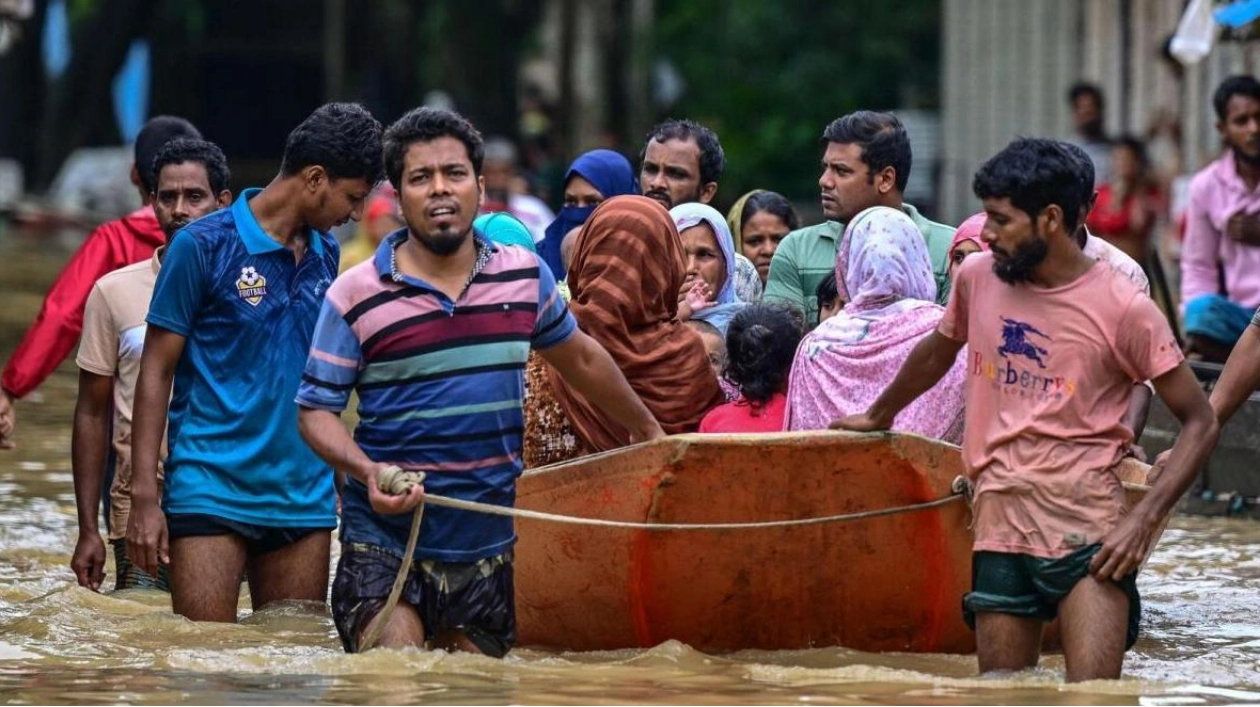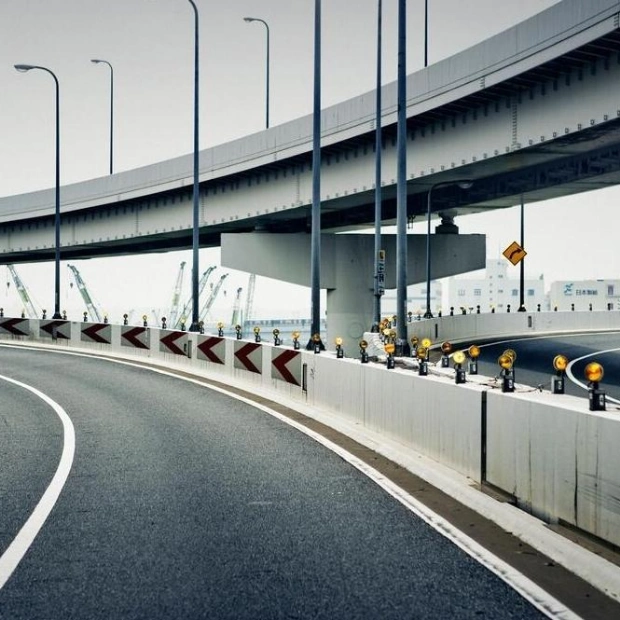Disaster officials reported that nearly 300,000 Bangladeshis had sought refuge in emergency shelters on Saturday due to floods that submerged vast areas of the low-lying South Asian nation. The floods, caused by heavy monsoon rains, have claimed at least 42 lives in Bangladesh and India since the beginning of the week, with many deaths resulting from landslides.
Lufton Nahar, 60, recounted her ordeal from a relief shelter in Feni, one of the hardest-hit districts near the border with India's Tripura state. "My house is completely submerged," she told AFP. "Water is flowing above our roof. My brother brought us here by boat. If he hadn't, we would have died."
Bangladesh, home to 170 million people and crisscrossed by hundreds of rivers, has experienced frequent floods in recent decades. Monsoon rains annually cause widespread damage, but climate change is altering weather patterns and increasing the frequency of extreme weather events.
Highways and rail lines between the capital Dhaka and the main port city of Chittagong were damaged, complicating access to severely flooded districts and disrupting business activity. The flooding occurred just weeks after a student-led revolution overthrew the government.
Among the worst-affected areas is Cox's Bazar, a district housing around a million Rohingya refugees from neighboring Myanmar. Tripura state disaster agency official Sarat Kumad Das reported that 24 people had been killed on the Indian side of the border since Monday. Another 18 were killed in Bangladesh, according to disaster management ministry secretary Md Kamrul Hasan.
"285,000 people are living in emergency shelters," he said, noting that 4.5 million people in total had been affected. The floods struck as Bangladesh was recovering from weeks of civil unrest that led to the August 5 ouster of autocratic ex-leader Sheikh Hasina.
With an interim government led by Nobel Peace Prize laureate Muhammad Yunus still establishing its footing, ordinary Bangladeshis have initiated crowdfunding relief efforts. These efforts were organized by the same students who spearheaded the protests that led to Hasina's ouster, who remains in India after fleeing Dhaka.
Crowds gathered at Dhaka University on Friday to offer cash donations as students loaded rice sacks and crates of bottled water onto vehicles for flood-affected areas. Much of Bangladesh consists of deltas where the great Himalayan rivers, the Ganges and the Brahmaputra, flow towards the sea after passing through India. Several tributaries of these transnational rivers were still overflowing, though forecasts indicated that rain would likely ease in the coming days.






